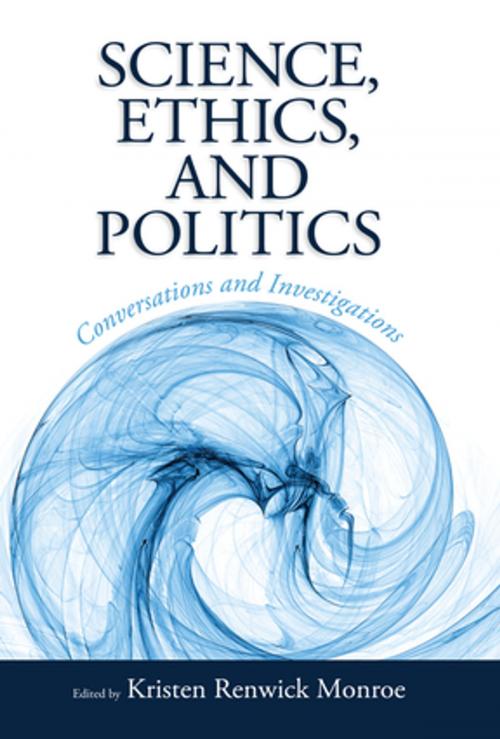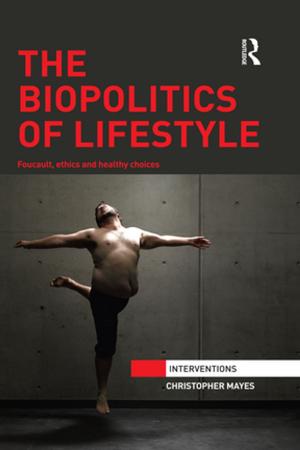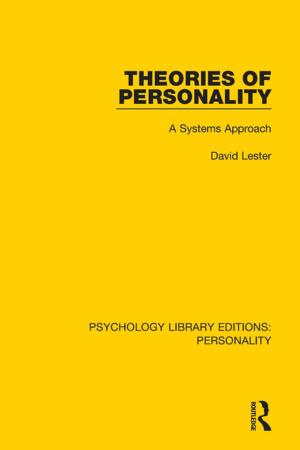Science, Ethics, and Politics
Conversations and Investigations
Nonfiction, Social & Cultural Studies, Social Science, Sociology, Political Science| Author: | Kristen Renwick Monroe | ISBN: | 9781317252412 |
| Publisher: | Taylor and Francis | Publication: | November 17, 2015 |
| Imprint: | Routledge | Language: | English |
| Author: | Kristen Renwick Monroe |
| ISBN: | 9781317252412 |
| Publisher: | Taylor and Francis |
| Publication: | November 17, 2015 |
| Imprint: | Routledge |
| Language: | English |
The relationship between science and ethics has been subject to much debate. This volume demonstrates the mutually beneficial relationship that can take place between ethics and science. It presents work that utilises the tools of science - broadly conceptualised - to elucidate ethical issues, showing that careful scientific analysis of ethical issues can reveal new insights. This is supplemented by conversations with the authors - some of them pre-eminent scientists addressing issues of ethics, including two Nobel laureates - to learn how they came to the study of ethics and ask how they conceptualise and think about ethical issues. Science, Ethics and Politics provides substantive insight into particular ethical issues, ranging from issues of torture during war to parents' obligations to children. This book is designed as a complement to traditional texts on ethics and should appeal to students of ethics as well as to the general public.
The relationship between science and ethics has been subject to much debate. This volume demonstrates the mutually beneficial relationship that can take place between ethics and science. It presents work that utilises the tools of science - broadly conceptualised - to elucidate ethical issues, showing that careful scientific analysis of ethical issues can reveal new insights. This is supplemented by conversations with the authors - some of them pre-eminent scientists addressing issues of ethics, including two Nobel laureates - to learn how they came to the study of ethics and ask how they conceptualise and think about ethical issues. Science, Ethics and Politics provides substantive insight into particular ethical issues, ranging from issues of torture during war to parents' obligations to children. This book is designed as a complement to traditional texts on ethics and should appeal to students of ethics as well as to the general public.















